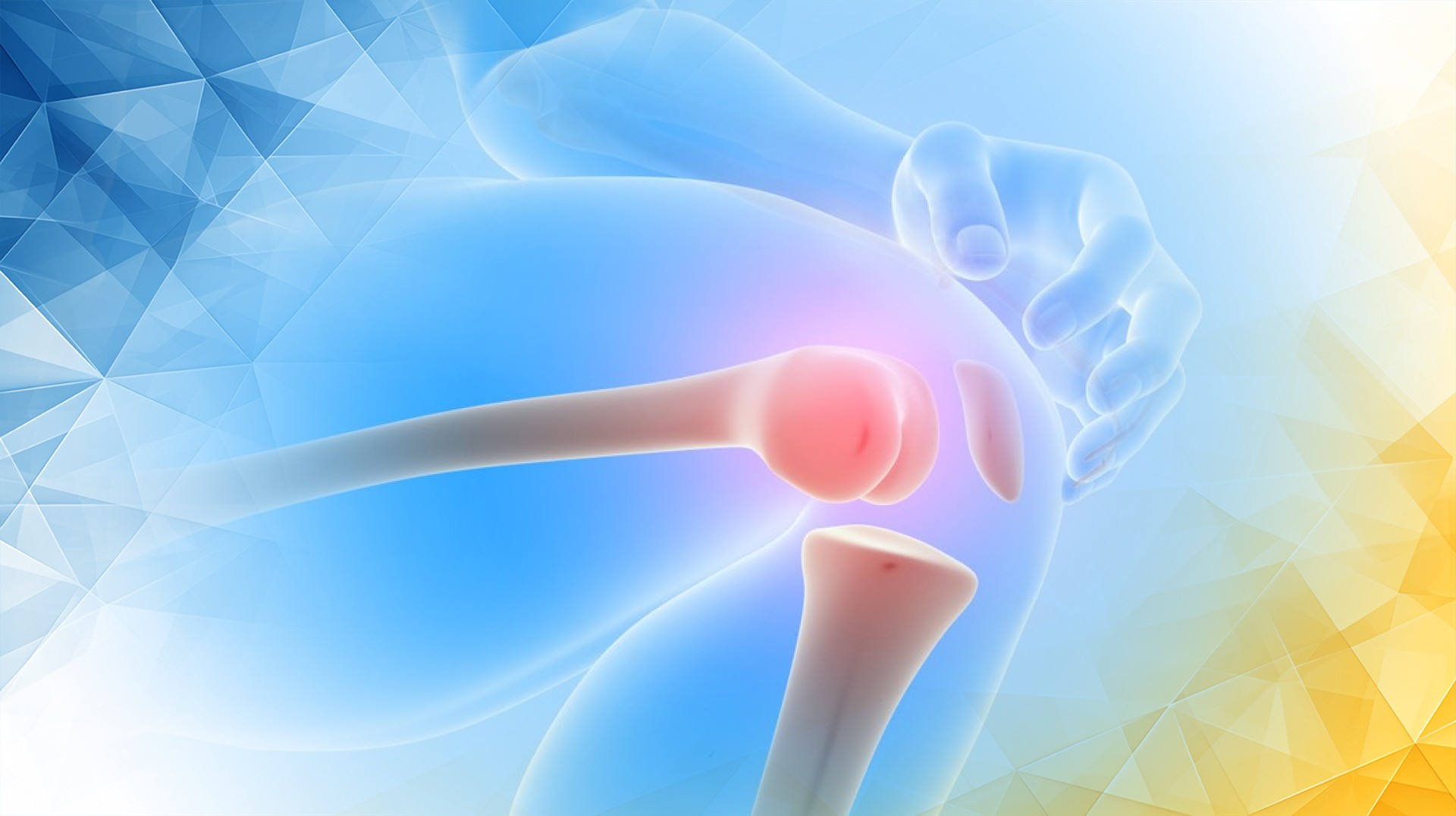



Knee osteoarthritis (OA) affects millions of people around the world, causing lasting pain and making everyday movement challenging. One widely used non-surgical treatment is hyaluronic acid (HA) viscosupplementation —a process where a gel-like substance is injected into the knee to help lubricate the joint and reduce discomfort. While HA injections can bring relief, the results often don’t last long, meaning patients may need several courses each year. This can become inconvenient and discouraging.
Now a promising newcomer called Arthrosamid , made from polyacrylamide hydrogel , is shifting the conversation. Arthrosamid is designed to provide longer-lasting benefits with far fewer injections. In this article, we’ll compare HA and Arthrosamid —looking at how each works, how well they perform, who benefits most, and experience from the London Cartilage Clinic—to help you understand why Arthrosamid could be changing the game for people living with knee OA.
Hyaluronic acid (HA) is a natural component of healthy joints. It acts as a lubricant and shock absorber, allowing smoother movement. In osteoarthritis , the amount and quality of this joint fluid decreases, which leads to pain and stiffness.
HA viscosupplementation is a treatment where a gel containing hyaluronic acid is injected directly into the knee joint to boost lubrication and cushioning. Different HA products vary by molecular weight: some contain smaller molecules (low molecular weight, or LMW), while others have larger molecules (high molecular weight, or HMW). Depending on the formulation and a person’s symptoms, treatment often involves either a one-off injection or a series of three to five weekly injections, usually performed quickly and conveniently in clinic.
Many people report pain relief within a couple of weeks, with the best results typically occurring between 5 and 13 weeks after the first injection. However, this benefit often fades after three to 12 months, and repeated injections are usually required to keep symptoms at bay. While research shows that HA injections offer moderate pain relief for many people, the effects and duration vary widely. This unpredictability and the need for repeat clinic visits can be frustrating. Recent clinical studies highlight that “the anti-inflammatory, anabolic, and chondroprotective actions of hyaluronic acid reduce pain and improve patient function.” As a result, HA injection continues to gain popularity as a non-surgical option for managing osteoarthritis .
Arthrosamid is a next-generation option made from 2.5% cross-linked polyacrylamide hydrogel —a special gel engineered to linger in the joint far longer than standard HA treatments. Unlike HA, which gradually breaks down and is absorbed by the body, Arthrosamid forms a soft but durable scaffold within the knee . This scaffold integrates with the joint’s lining (the synovial membrane ), offering ongoing cushioning and support that more closely mimics the knee ’s natural environment.
What really sets Arthrosamid apart is that just a single injection session is usually enough—offering far more convenience, fewer appointments, and less disruption for patients and clinics alike.
Safety is also reassuring: clinical studies show that Arthrosamid is well tolerated, with no significant or lasting side effects noted up to two years after the procedure. Recent research supports that intra-articular polyacrylamide hydrogel is both safe and effective for knee osteoarthritis .
Direct comparisons between Arthrosamid and HA in clinical studies are encouraging—especially for certain groups of patients. People under 70 years old, at a healthy body weight, and with moderate knee OA (grades 2 or 3 on the commonly used Kellgren-Lawrence scale) tend to experience ongoing benefits from Arthrosamid after a year or more.
Both HA and Arthrosamid seem to provide similar improvement in pain and joint function in the first six months. However, Arthrosamid ’s real advantage is its durability: measures like the WOMAC and Visual Analogue Scale (VAS) show that patients receiving Arthrosamid tend to sustain improvement much longer, while those treated with HA may see symptoms return sooner. This means significantly fewer repeat injections—and steadier, longer-lasting pain relief .
In some studies, Arthrosamid even outperformed corticosteroid injections , giving it a broader appeal for those looking for solutions beyond short-term relief.
Not every patient will respond exactly the same way to Arthrosamid . Evidence suggests it works best in older adults, those with less severe OA, people without diabetes , and those with symptoms in both knees. Clinicians can use these factors to tailor treatment, helping those most likely to experience meaningful results.
Arthrosamid ’s safety record is strong. Guidelines for use are well-established, and both product information and patient leaflets clearly outline what to expect. Of course, every patient’s situation is unique, so it’s always important for healthcare providers to assess individual needs and risks before recommending a particular treatment.
At the London Cartilage Clinic , Professor Paul Lee and his team specialise in cartilage and joint care. The clinic provides a friendly, supportive environment and embraces the latest research.
Both HA and Arthrosamid are available as part of personalised, evidence-based treatment plans. Rather than taking a one-size- fits -all approach, the clinic tailors care to the individual—finding the balance between scientific evidence and each patient’s own goals and lifestyle.
Hyaluronic acid injections remain a popular, accessible option for knee osteoarthritis —valued for their straightforward process and convenience. Arthrosamid , however, stands out by offering longer-lasting joint cushioning with the potential to cut down on repeat visits and injections. While neither treatment is a cure, carefully matching the right therapy to the right patient can make a big difference in comfort and mobility.
If you’re considering treatment for knee OA, speak with a qualified healthcare professional for advice tailored to your needs.
Gao, H. C. K., Akhtar, M., Creedon, C., Nar, Ö. O., Verma, T., & Lee, P. Y. F. (2025). Polyacrylamide hydrogel injections in knee osteoarthritis: A PROMs-based 24 month cohort study. Journal of Clinical Orthopaedics and Trauma. https://doi.org/10.1016/j.jcot.2025.103136
Strauss, E. J., Hart, J., Miller, M. D., Altman, R. D., & Rosen, J. (2009). Hyaluronic Acid Viscosupplementation and Osteoarthritis. The American Journal of Sports Medicine, 37(8), 1636-1644. https://doi.org/10.1177/0363546508326984
Arthrosamid uses a polyacrylamide hydrogel that forms a soft, durable scaffold within the knee, providing longer-lasting cushioning than conventional hyaluronic acid injections. Unlike HA, which requires frequent repeat treatment, Arthrosamid typically only needs a single session, offering added convenience and potentially sustained symptom relief for suitable patients.
The London Cartilage Clinic, led by Professor Paul Lee, specialises in advanced cartilage and joint care. The clinic uses cutting-edge research and a personalised approach, tailoring treatments to each patient’s goals and needs. Professor Lee’s experience ensures patients receive evidence-based care in a supportive, friendly environment designed for comfort and confidence.
Research suggests Arthrosamid works especially well for patients over 70, those with moderate knee osteoarthritis, healthy weight, and no diabetes. The clinic’s team, headed by Professor Lee, carefully assesses every individual to create a bespoke plan—maximising the chance of meaningful, long-lasting improvement without a one-size-fits-all approach.
Clinical studies show Arthrosamid is generally well tolerated with no significant or lasting side effects up to two years post-procedure. The London Cartilage Clinic follows strict guidelines and provides patients with detailed information, ensuring safety remains a top priority under the experienced direction of Professor Lee and his team.
Professor Paul Lee is a recognised expert in cartilage and joint conditions, staying at the forefront of medical advances. His expertise allows him to recommend the most suitable therapies, like Arthrosamid or hyaluronic acid injections, ensuring each patient receives care based on the latest research and individualised treatment strategies.
All our treatments are selected to help patients achieve the best possible outcomes and return to the quality of life they deserve. Get in touch if you have any questions.
At London Cartilage Clinic, we are constantly staying up-to-date on the latest treatment options for knee injuries and ongoing knee health issues. As a result, our patients have access to the best equipment, techniques, and expertise in the field, whether it’s for cartilage repair, regeneration, or replacement.
For the best in patient care and cartilage knowledge, contact London Cartilage Clinic today.
At London Cartilage Clinic, our team has spent years gaining an in-depth understanding of human biology and the skills necessary to provide a wide range of cartilage treatments. It’s our mission to administer comprehensive care through innovative solutions targeted at key areas, including cartilage injuries. During an initial consultation, one of our medical professionals will establish which path forward is best for you.
Contact us if you have any questions about the various treatment methods on offer.
Legal & Medical Disclaimer
This article is written by an independent contributor and reflects their own views and experience, not necessarily those of londoncartilage.com. It is provided for general information and education only and does not constitute medical advice, diagnosis, or treatment.
Always seek personalised advice from a qualified healthcare professional before making decisions about your health. londoncartilage.com accepts no responsibility for errors, omissions, third-party content, or any loss, damage, or injury arising from reliance on this material. If you believe this article contains inaccurate or infringing content, please contact us at [email protected].